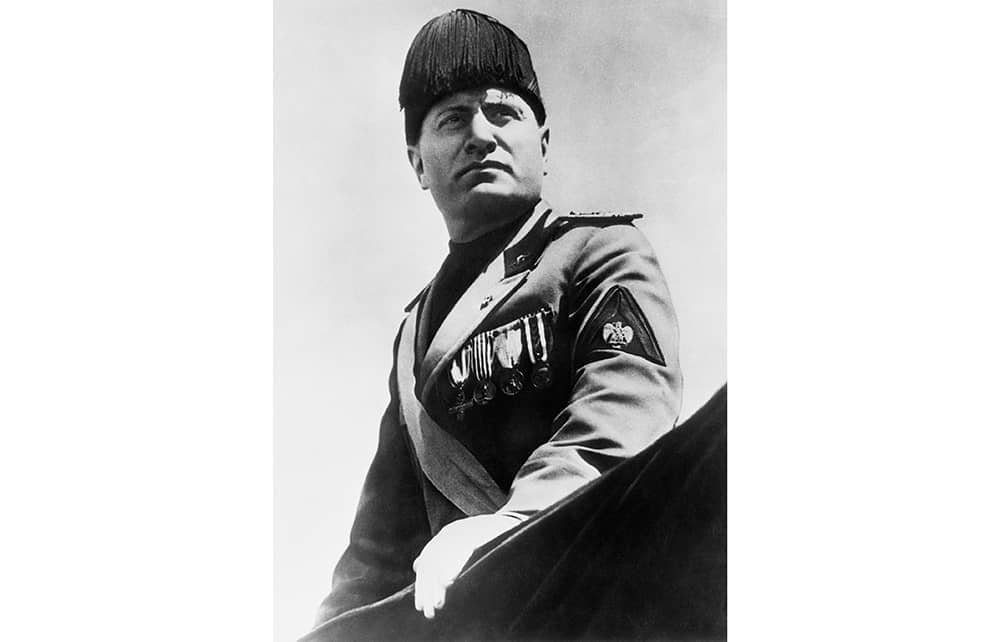Towards the end of Dandelions, Thea Lenarduzzi’s imaginative and deeply affecting memoir, the author quotes her grandmother’s remark that there are tante Italie – many Italys. ‘Mine is different to hers, which is different to my mother’s, which is different to my father’s, and so on down the queue,’ she writes. These Italys – of fascismo, of Garibaldi, of emigrants living in Sheffield and Manchester, of 31 dialects – are not far-flung historical oddities confined to documentaries or textbooks but are, in Lenarduzzi’s account, the patchwork story of one family.
Sitting at her Nonna’s (grandmother’s)table with ‘the blinds pulled down against the morning sun and the rest of the family shooed away’, she becomes an ‘archivist of family lore’. Through conversations about things as simple as childhood passions (‘Who was your favourite writer when you were young?’) or as painful as Mussolini’s dictatorship (Lenarduzzi’s grandfather did not oppose the fascist regime; her grandmother claims ‘he didn’t have a choice’), a complicated history of love, immigration and war unravels – and the many Italys it took place in.

The author, in her thirties, is herself ‘50-50 Italian-English’, although she struggles with this ‘biometric, certifiable’ way of looking at her heritage. Movement between Italy and England propels the book. Her Nonna (whose name, Dirce, aptly means ‘cleft’ or ‘dual’) has ‘lived two lives’, with two separate migrations from Italy to England. She first left Maniago, a town in the north-eastern district of Friuli, to move to Sheffield in 1935, when ‘the Great Depression was dragging on’ and Mussolini was solidifying his control. This migration failed when her father, Angelo, died two months later (he is buried in Sheffield’s City Road cemetery). But Dirce left Italy again in 1950, this time for Manchester, and with a husband and child.
These journeys – flawed, difficult and full of the pain of homesickness, something Lenarduzzi believes Italians are ‘particularly susceptible to’ – are the reason for the book’s title.







Comments
Join the debate for just £1 a month
Be part of the conversation with other Spectator readers by getting your first three months for £3.
UNLOCK ACCESS Just £1 a monthAlready a subscriber? Log in